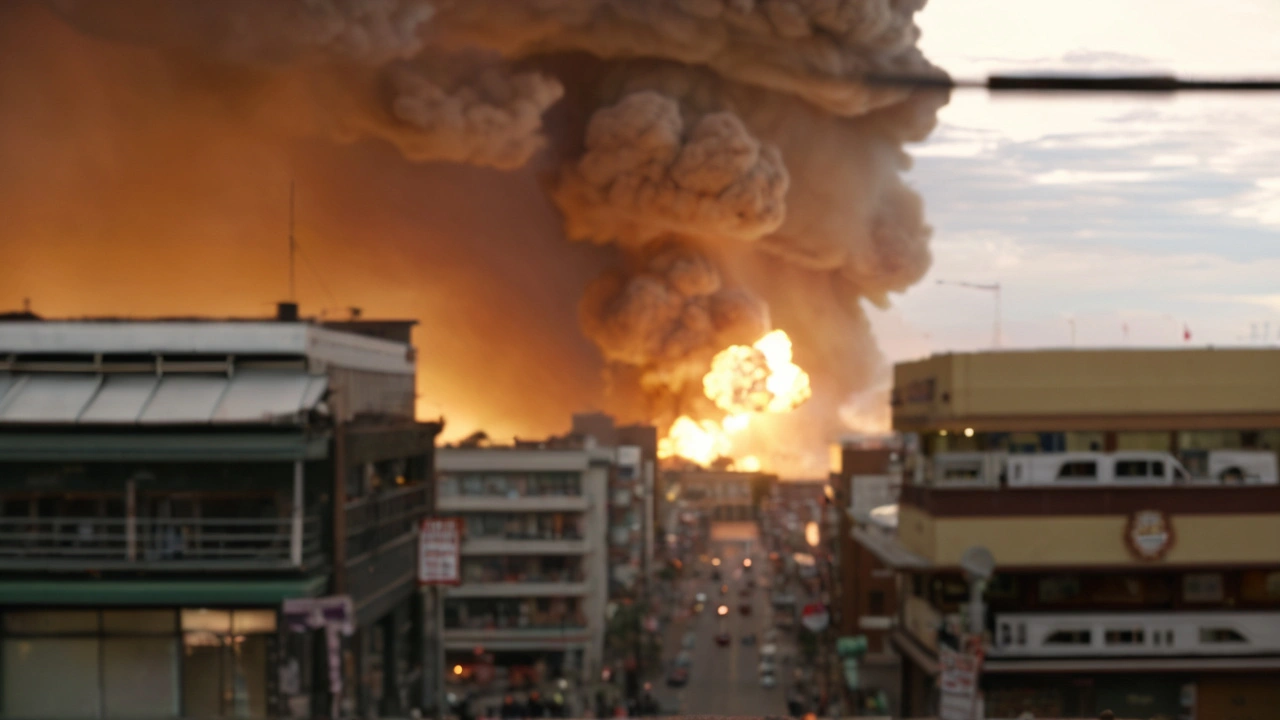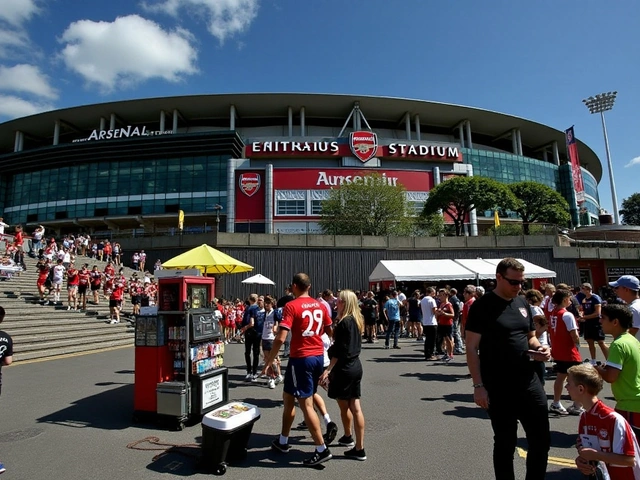Hodeida News – What’s Happening at Yemen’s Key Port
If you’ve ever wondered why a city on the Red Sea can dominate headlines, Hodeida is the answer. This bustling port sits at the heart of Yemen’s trade routes and has become a flashpoint for both commerce and conflict. In simple terms, what goes on in Hodeida often ripples across the region, affecting everything from oil prices to aid deliveries.
First off, let’s break down why Hodeida matters. The city is Yemen’s main gateway for imports – think food, medicine, fuel, and even building materials. When the port runs smoothly, millions of people get what they need to survive. But any disruption can trigger a humanitarian crisis that quickly spreads beyond borders.
Why Hodeida Matters
The Red Sea is one of the world’s busiest shipping lanes, and Hodeida sits right in its path. International navies keep an eye on it because a blocked port could force ships to take longer routes, raising costs for everyone. For Yemen, the stakes are even higher: the country relies on Hodeida for about 70% of its imports. When fighting erupts near the docks, aid agencies scramble to find alternative routes, often at great expense.
Another key point is the local economy. Thousands of Yemeni families work in and around the port – loading cargo, maintaining vessels, or running small businesses that feed dock workers. A single day of closure can mean lost wages for an entire community. That’s why you’ll see news stories linking Hodeida to broader economic talks, especially when negotiations aim to reopen the harbor.
Recent Highlights
Over the past few weeks, the situation in Hodeida has been a roller‑coaster. One headline reported a brief ceasefire that allowed humanitarian ships to dock, delivering enough food for tens of thousands of people. Another story covered renewed clashes that forced aid convoys to reroute through more dangerous overland paths.
What’s interesting is how quickly the narrative can shift. One day, you might read about a successful UN mission unloading supplies; the next, there’s news of a missile strike near the pier. This back‑and‑forth keeps analysts on their toes and makes Hodeida a barometer for Yemen’s overall stability.
So, what should you take away from all this? Keep an eye on three things: security updates around the port, announcements from humanitarian groups, and any diplomatic talks involving Saudi Arabia or the UAE. Those cues often hint at whether the harbor will stay open or face new hurdles.
If you’re a reader looking for reliable Hodeida coverage, our tag page pulls together the most relevant stories in one place. We update it as soon as fresh reports arrive, so you don’t have to hunt across multiple sites. Whether you care about trade, aid, or just want to understand how a single port can influence global events, this is your go‑to spot.
Got questions about Hodeida’s impact on the Red Sea or need clarification on a recent incident? Drop a comment below – we love hearing from you and will do our best to break down the details in plain language. Stay tuned for more updates as the situation evolves.

Iran Denounces Israeli Airstrike on Yemen's Hodeida Port Amid Escalating Regional Tensions
Iran has vehemently denounced Israel's airstrike on the Houthi-controlled port of Hodeida in Yemen, which resulted in casualties and escalated regional tensions. This attack was in retaliation for a drone assault by the Iran-backed Houthis on Tel Aviv. The incident has heightened the ongoing conflict, with the Houthis vowing major retaliation and added strain due to the Israel-Hamas war.




